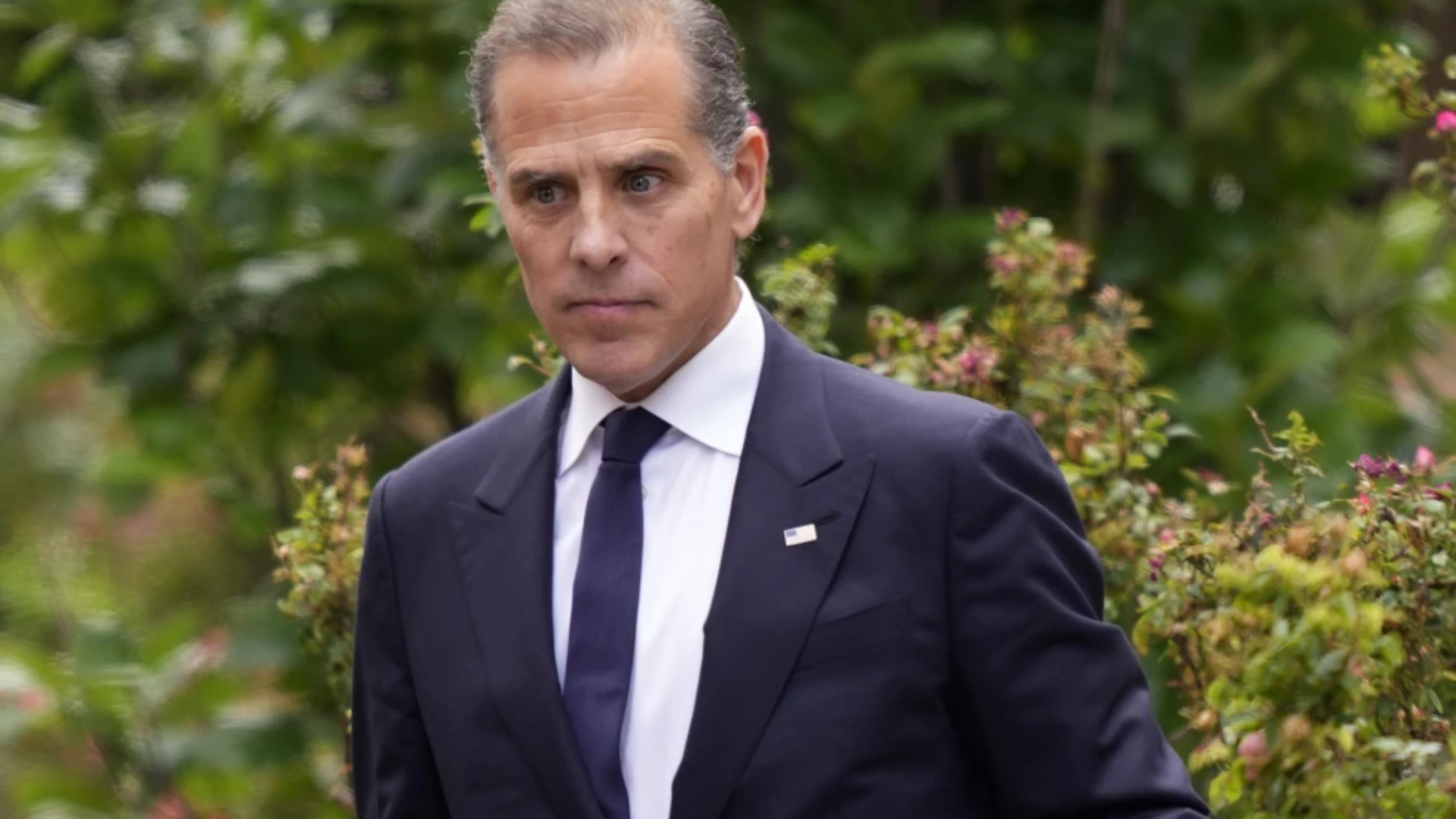HONOLULU — Hawaii has taken emergency preparedness very seriously.
So seriously that in December, the state started testing its nuclear warning siren system aimed at alerting residents to an impending nuclear missile strike. This was the first of such tests in Hawaii since the end of the Cold War.
Officials have said that the purpose of these tests is not to scare the public, but to keep them aware.
Then, on Saturday an emergency missile alert accidentally went out to everyone in Hawaii, causing mass panic as people thought they were about to die.
The false alarm has come under criticism from officials, the FCC, residents and others in Hawaii. Hawaii’s Emergency Management Agency and Gov. David Ige apologized for the error, which was blamed on an emergency worker hitting the wrong template during a routine drill.
But the mistake along with the monthly sirens have raised questions whether the preparations in case of a North Korea attack are having unintended effects.
[van id=”politics/2018/01/14/sotu-gabbard-failed.cnn”]
“The State of Hawaii is war mongering and scaring its citizens with its monthly nuclear attack warning siren which began in December 2017,” read an online petition to stop the sirens, signed by nearly 450 people.
“The sirens heighten the anxiety and stress of impending conflict and devastation, make citizens afraid,” it stated.
A small group protested Saturday in front of a federal building in Honolulu, reported the Star Advertiser.
Another concern after the false alarm is how people could react to the next emergency alert.
“How seriously are people going to take this system?” Hawaii State Rep. Matt LoPresti told CNN. “I’m going to suggest that if there is ever … another alert that goes out, we’ll have to send a confirmation notice — that second notice this really is happening. Because people will be waiting for a second notice to see that it’s another false alarm.”
Can Hawaii agency regain credibility?
Hawaii’s emergency management agency keeps its eyes on the many potential disasters other than North Korea — such as hurricanes, tsunamis, earthquake activity in the region, volcanic activity or flooding.
Vern Miyagi, the agency’s administrator acknowledged on Sunday that damage had been done to the agency.
“I have to re-establish credibility because we lost quite a bit yesterday,” he told CNN affiliate KHON.
Honolulu Mayor Kirk Caldwell expressed confidence that state authorities could regain credibility.
“That issue of how do you build trust back?” he said. “The way you do it at the end of the day is performing correctly. I think it’s incumbent that the next test go smoothly. I believe it will and build trust that way.”
How Hawaii has prepared for potential attack
Hawaii has been testing its sirens since December. The nuclear warning siren system blares at 11:45 a.m. on the first business day of every month, sounding for 50 seconds, followed by a 10-second pause and then a wailing “attack warning” signal for another 50 seconds.
The emergency sirens didn’t go off on Saturday, officials said. Had it been a real threat, they would’ve sounded.
“Hawaii has just started a few months ago, these monthly nuclear attack sirens as a test…” said Democratic Rep. Tulsi Gabbard, of Hawaii on CNN. “So when the people of Hawaii got this message yesterday, they’re literally going through this feeling of ‘I’ve got minutes to find my loved ones to say my last goodbyes.'”
Hawaii became the first state in the US to prepare for a North Korean attack. Ige had announced the tests about two months ago and said the “possibility of an attack is very remote.”
In the summer, Hawaii published its guidance on ways to survive a nuclear detonation, with advice including seek shelter, stay away from windows and don’t look at the flash of light.
Hawaii sits less than 5,000 miles from North Korea. The state would only have about a 20-minute heads up if a missile is launched from there.
“It’s something we can’t take lightly, both what occurred [Saturday], but also that threat from North Korea,” Caldwell said. “Hopefully that will go away at some point, but we need to protect our citizens from the worst, if the worst were to occur.”
Miyagi apologized Saturday for the false alarm, saying “this is my responsibility and my team.”
But he reiterated the need to be prepared. “Please keep in mind again, the threat is there. If this comes out, you’re only going to have 12-13 minutes for actual event.”
The-CNN-Wire ™ & © 2018 Cable News Network, Inc., a Time Warner Company. All rights reserved. (PHOTO: Rep. Tulsi Gabbard/Twitter)





















